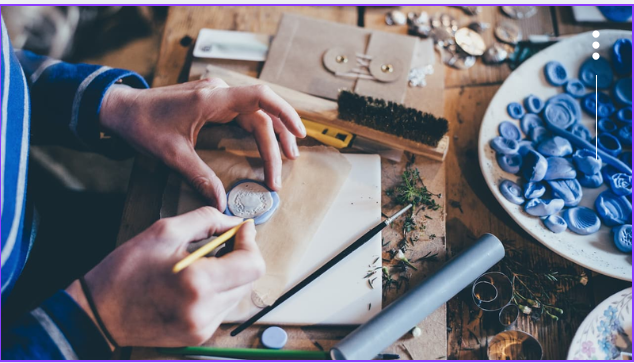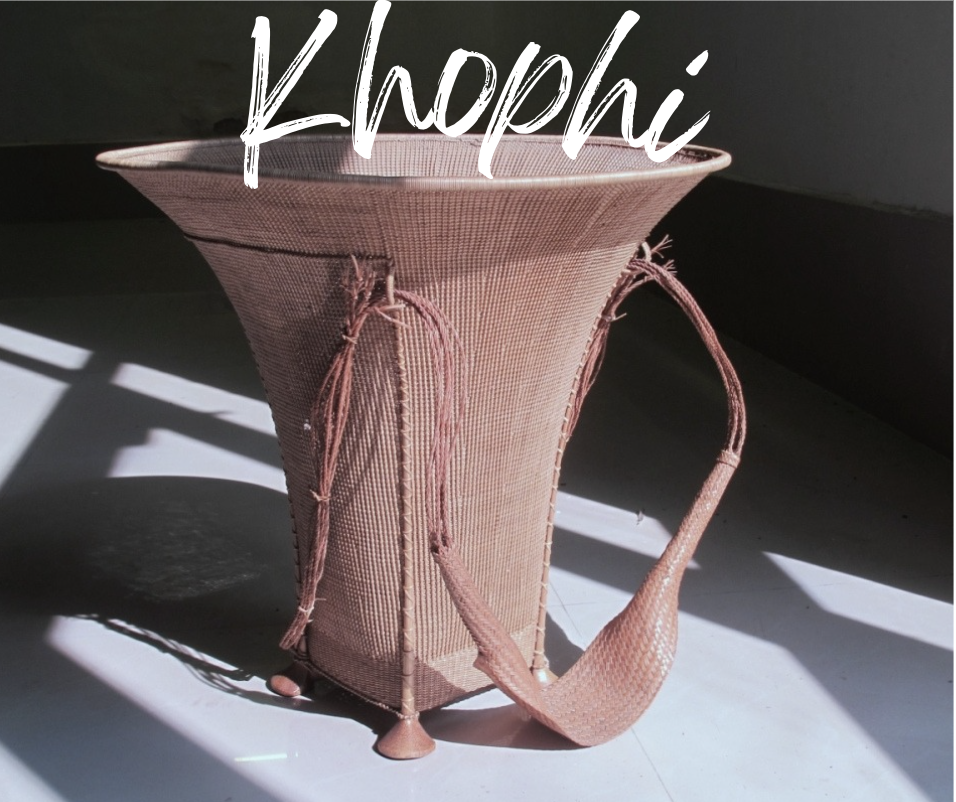Sustainable Fashion: Misconceptions And Reality : “the Repercussions Of Brands Greenwashing As A Means To Appeal To Climate Conscious Consumers”
Sep 08, 2021 | Elda Sobreiro Bernardino
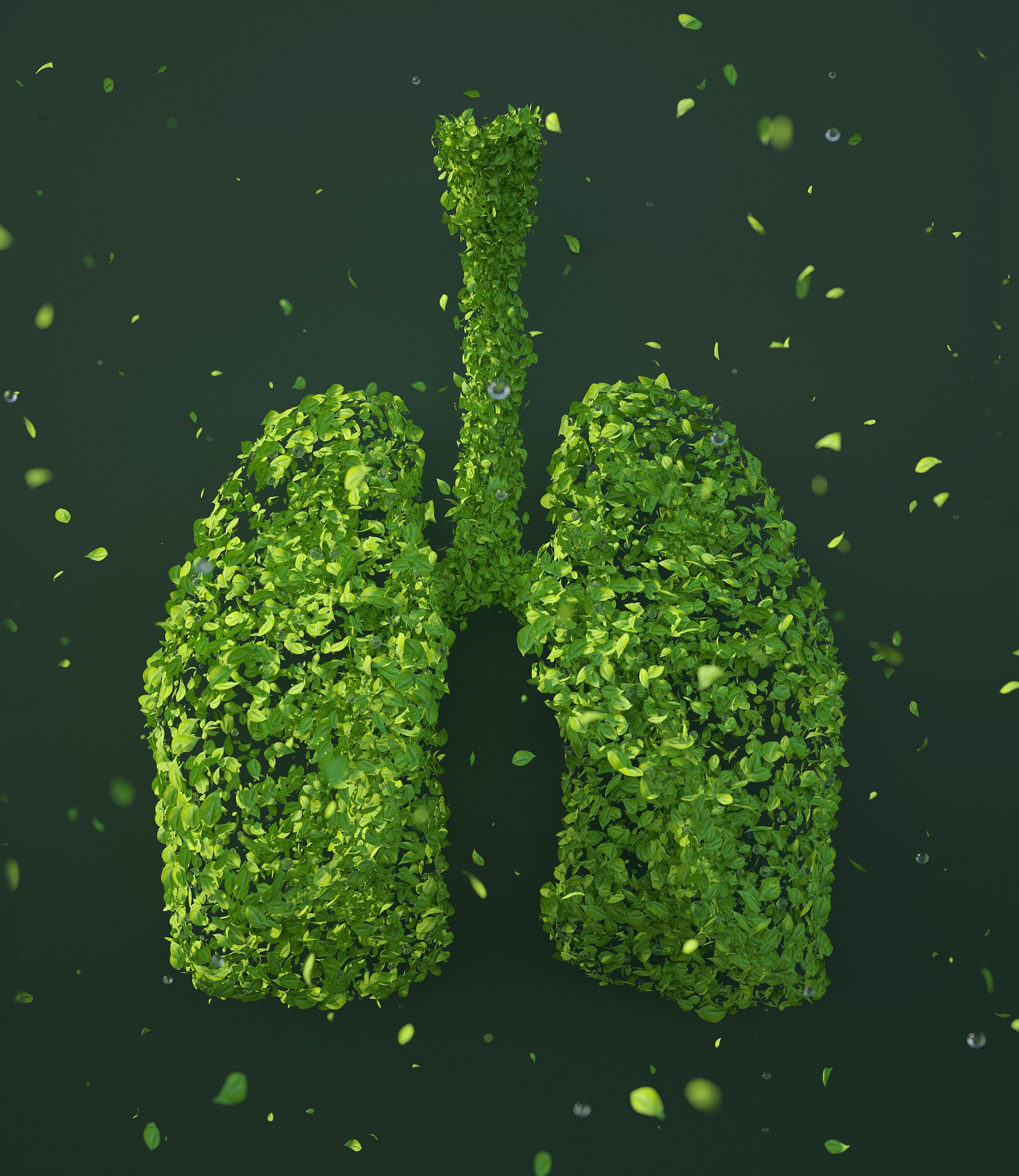 The apparel industry is one of the most significant contributors to global warming. The response of its consumers has created pressure on brands to take actions against climate change, by making necessary changes to ensure the exclusion of chemicals and fabrics which jeopardise the environment around us.
Overall, the apparel industry has become the second-biggest consumer and polluter of water, responsible for 20% of the world’s wasted water.
Here I will talk about three topics where your brand/business may be harming the environment, via the usage of natural fibres, the repercussions of dyeing clothes/differences to sustainable dyeing and the pollution involved in the packaging/shipping of products.
The apparel industry is one of the most significant contributors to global warming. The response of its consumers has created pressure on brands to take actions against climate change, by making necessary changes to ensure the exclusion of chemicals and fabrics which jeopardise the environment around us.
Overall, the apparel industry has become the second-biggest consumer and polluter of water, responsible for 20% of the world’s wasted water.
Here I will talk about three topics where your brand/business may be harming the environment, via the usage of natural fibres, the repercussions of dyeing clothes/differences to sustainable dyeing and the pollution involved in the packaging/shipping of products. USAGE OF NATURAL FABRICS
Cotton farming has been among the most used methods to manufacture natural fabrics. Still, although is something natural, the growing demand for these natural resources has grown exponentially. As a result of this, GMO cotton was created.
These natural fibres have started to be treated as factories, with companies worrying about the ecological repercussions these residual micro-bacterial level pesticides have on the ecosystem.
The intensity of these chemicals has continued to rise in demand, since 80% of cotton has come from genetically modified seeds. These modified seeds cannot survive without the chemicals sprayed on the crops. Once the soil absorbs these micro bacteria, nature does not have time to rebuild itself before being used again. In turn, the environment in surrounding areas has become contaminated.
The consequences are that the chemicals are absorbed into food and water, which are then consumed by animals and humans living in these areas. These results are seen in growing rates of congenital disabilities and cancers, especially in less developed countries that cannot afford treatment or other alternatives.
Surrounding environments and ecological systems have suffered due to this, since the soil becomes unable to produce or grow crops for several years, as environmental activist Vandana Shiva explained in the documentary “The True Cost”.
The politics surrounding this issue could also apply to your business/brand. Ensure research is done prior to purchasing natural fibers since you could indirectly be funding these genetically modified crops.
REPERCUSSION OF DYEING CLOTHES AND THE DIFFERENCE WITH SUSTAINABLE DYEING
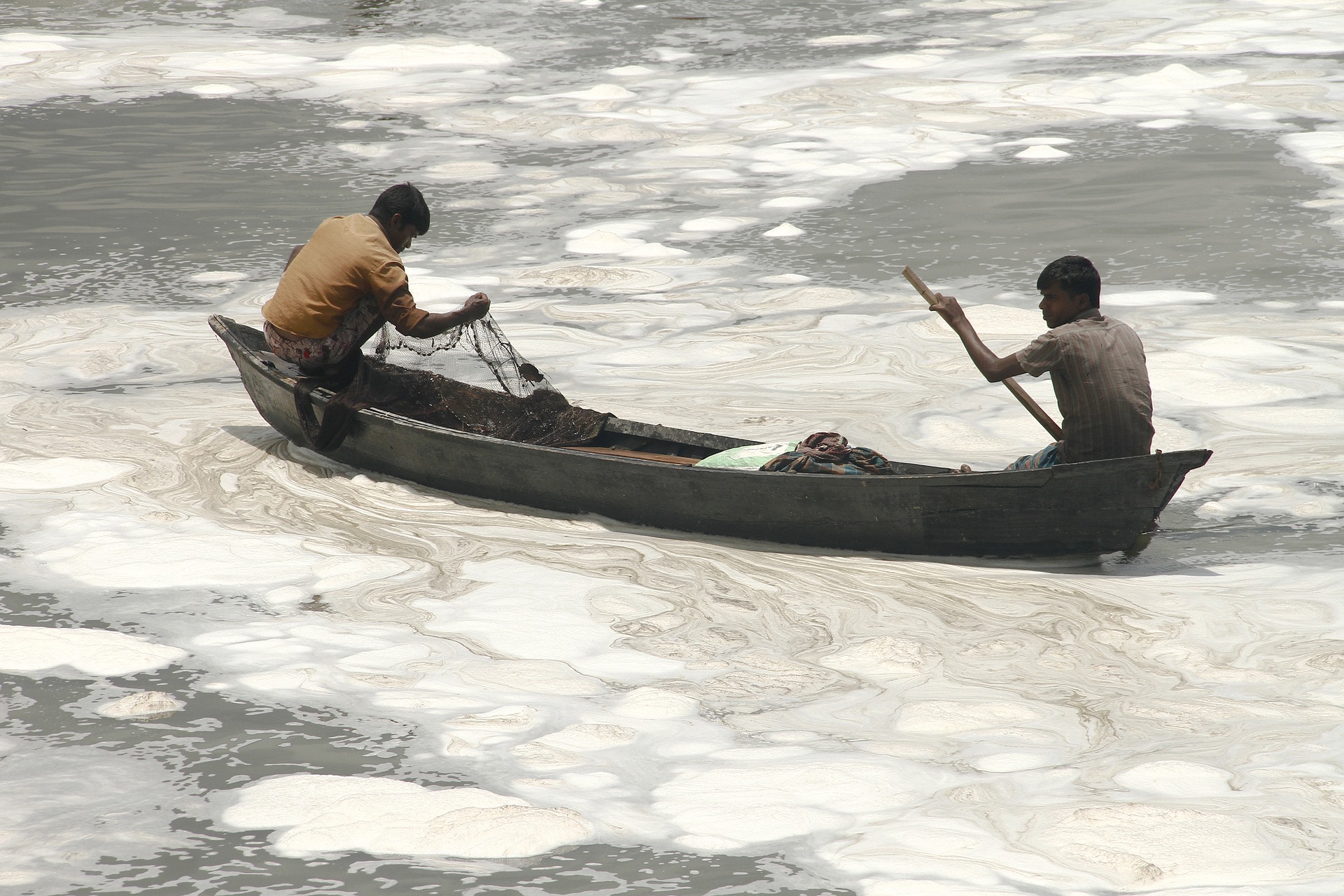
A short documentary named “The Clothes We Wear” by DW Documentary follows and evaluates the dyeing of clothes has affected the water of our countries and world, since 1 kilogram of clothes needs on average 20 litres of water to complete the dyeing process. The byproducts of these processes end up being disposed of in rivers and oceans, which harm ecosystems and change the pH level of waters, which will become poisonous for consumption.
Your brand/business, if it hasn’t already, could possibly join the ACT initiative, which is committed to working with factories that meet certain wage, safety and environment standards.
The Bangladesh factory association lists the factories that meet the required environmental standard; such factories have invested in water purification systems that first treat the water instead of directly disposing of it into the ocean.
The unfortunate thing is that factories investing in modern technology to help fashion businesses with their pollution are asked for smaller margins. With small margins, these green factories cannot profit from the investment made, which should be a well-made investment for the planet’s well-being from a buyer’s point of view.
Consequently, factories cannot afford such investments. As a result, the disappearance of sea life in significant fishing areas has occurred, leaving most of these cities without enough food and clean water to survive since textile companies introduced wastewater pipes that lead straight into the heart of such rivers.
The “Next Black” documentary explains that every year, when using water dyeing methods, brands/businesses similar to yours waste and dispose of the equivalent of half the Mediterranean Sea into the ocean. These numbers do not include the 200,000 tons of chemicals that escape water treatments and are mixed into the wastewater.
Groups like YEH based in Bangkok have invested in newer and more efficient dyeing methods such as dry dye, which uses CO2 instead of water to dye their fabrics. The technology used includes a highly compressed gas named supercritical carbon dioxide. This new process does not need water and uses 50% less energy to complete it and 50% fewer chemicals than other traditional methods.
THE POLLUTION OF SHIPPING AND PACKAGING
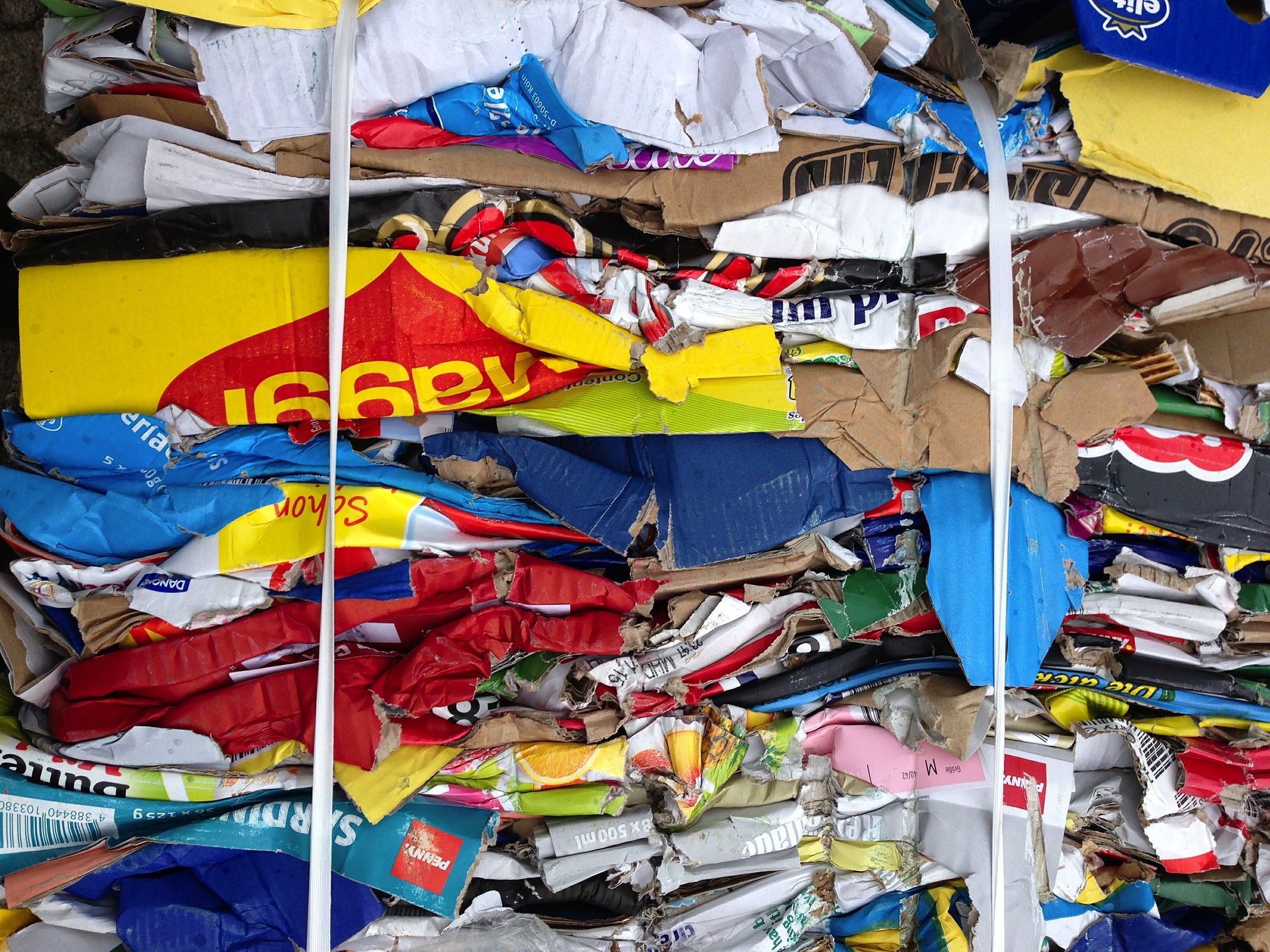
The packaging issue has been the consumption and over-saturation of plastic, since it is estimated that 8 million pieces of plastic end up in rivers and oceans every day. The University College of London has warned that much biodegradable packaging is misleading because it does not break down.
In July 2019, the UK government announced a £60 million funding initiative for developing biodegradable and sustainable packaging to try and leave the old habit of throwing away plastic packaging which is not recyclable.
Being a sustainable brand involves all aspects of the industry. Your small brand/company could invest in recyclable/biodegradable packaging as a start to a green movement in order to become sustainable and environmentally friendly if you are not yet a completely green brand!
A report by the International Council on Clean Transportation (ICCT) in 2019 linked emissions to 385,000 premature deaths worldwide in 2015. The cost for the health impacts is estimated to be $1 trillion.
Keeping this in mind, if your brand is online based, most shipping companies operate with transportation methods that are not environmentally friendly. These small factors will create a misconception of what your brand stands for.
Diesel truck engines contribute to 39% of the transport sector’s greenhouse gas, which amounts to 5% of all global fossil fuel-derived CO2 emissions.
Companies such as Amazon have invested in natural gas trucks and electric vans to lessen carbon emissions, which help create a good relationship with environmentally conscious consumers. The plan is to become a carbon-neutral business by 2040.
Your company could take this same initiative and research switching to companies that offer both natural gas or electric vehicles to lessen the carbon emissions when taking care of shipping orders.
Conclusion
As we moved through this post we saw the true impact of the fashion business on our environment. The change we want to see needs to come from us as a community.
You should start evaluating your business, and make the necessary changes so the brand will have longevity and long-term success, along with a better reputation given the rise in consumer demand for sustainability.
You can start with us at Rural Handmade.
We will provide you with handmade eco-friendly sustainable products so that you are set for success without negatively impacting the environment!
Contact us to find out more!
Recommended

